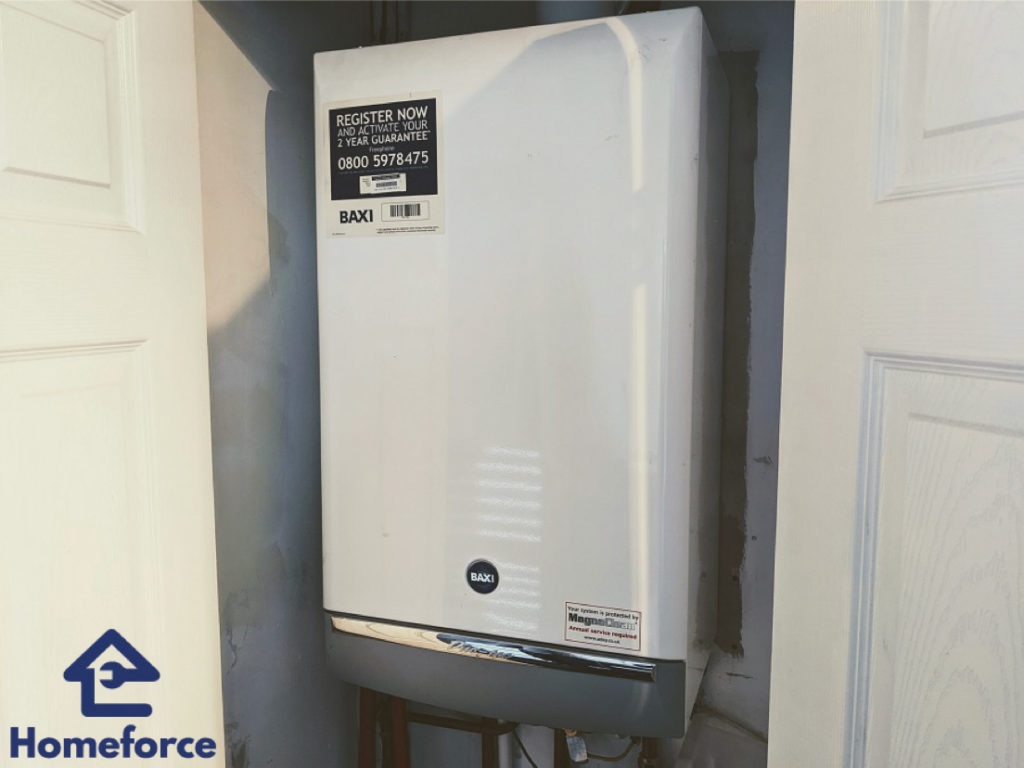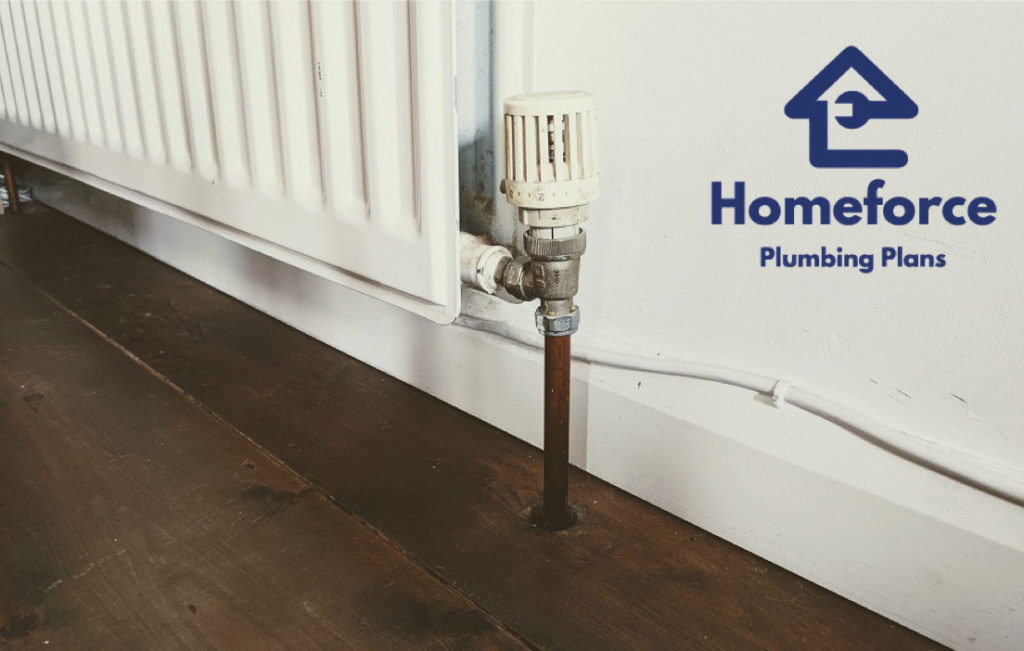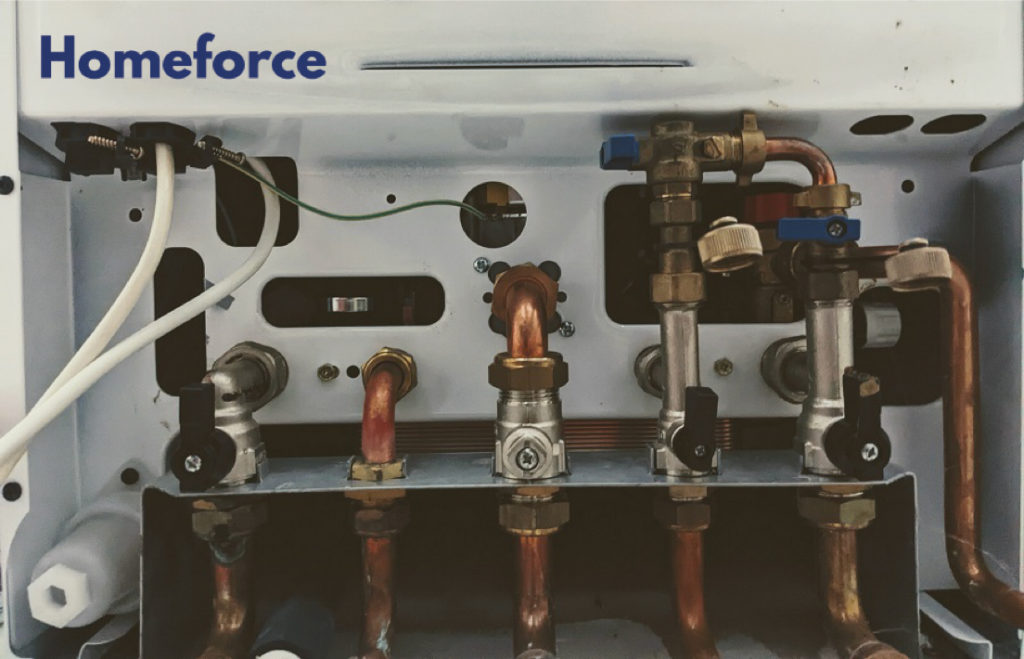Written On
Wed 16th March 2022
Written By
Homeforce
Category
Guides
Share This
Back in early 2019, the Government announced a controversial ban on gas boilers. The main reason for this was to improve the eco standard of houses right across the U.K. After this debatable issue became public many homeowners were left wondering ‘will I have to replace my gas boiler after 2025?
So let’s give you the definitive answer in our helpful article!
So you can quickly understand whether you might have to replace your gas boiler after 2025, let’s get the takeaway answer first and then head into more detail.
All gas boilers in new builds will be replaced with carbon-neutral alternatives by 2025, according to a government report. You won’t be able to buy a gas or oil boiler from 2023 if the government adheres to its policy and will need to replace it with an alternative if it breaks within the next five years.
Ok so with the mini takeaway in place, let’s dive straight in and discover if gas boilers are going to be phased out.
Are gas boilers going to be phased out?
The UK government has issued a directive that outlines how boilers will be banned from new builds by 2025, and new gas boilers will no longer be for sale by 2035.
These recent government announcements proclaimed that according to a low carbon strategy that by 2025, all new homes will be banned from installing gas and oil boilers.
Instead, new homes should be heated by low-carbon alternatives in order to reach carbon net-zero by 2050 as set out by the UK action plan.
So it is likely if the strategies go to plan then the gas boilers we use to heat our homes and water will be phased out.
Along with the phasing out of gas boilers, there does, of course, have to be an alternative strategy for homeowners. One of the chief substitutes for the gas boilers we are familiar with are heat pumps.
The announcement by Philip Hammond in the Spring Statement follows recommendations from the Committee on Climate Change in their recently published report “UK housing: Fit for the future?” that fossil fuel heating is replaced with renewable alternatives such as heat pumps.
“If the strategies go to plan then the gas boilers we use to heat our homes and water will be phased out.”
What will replace gas boilers in 2025?
As part of a governmental Heat and Buildings strategy, a new directive to help address increasing emissions has been prioritized. This is a first for England and sets out to reduce carbon in homes and businesses across the U.K.
A ten-point plan outlined by the policy aims to encourage homeowners to replace old gas boilers with a new low carbon heating system.
Along with this strategy, the government also announced a Boiler Upgrade Scheme, offering U.K. households up to £5000 for the installation and costs involved in upgrading.
A strategy to reach carbon net-zero by 2050
These two government initiatives tie in with the statement of banning the installation of gas and oil boilers by 2025. It’s part of a wider strategy to reach ‘carbon net zero’ by 2050.
This new action plan was originally announced by Phillip Hammond in the Spring Statement from a new report titled ‘U.K. housing: Fit for future?’
Heating pumps
The recommendations include low carbon heating technologies, such as heat pumps which can replace the usual fossil fuels used by traditional gas and oil boilers.

This type of pump works by absorbing natural heat that’s generally found in the air, water and underground with a refrigerant. Coldwater can then be heated up by compressing the refrigerant.
The Committee on Climate Change has announced they are looking to install 19 million heat pumps in new homes by 2030. Along with hybrid heat pumps put in place by 2035.
A hybrid heat pump is one that works with other fuel heating such as gas or oil boilers.
These are some of the alternatives to gas and oil boilers that have been suggested.
- Storage heaters: Storage heaters have been used in many cases, especially smaller dwellings such as flats and maisonettes to provide heating. New generation storage heaters are more economical and offer a much more flexible heating system than the older types.
- Electricity powered heat pumps: Currently, Ofgem, the U.K. regulator for electricity and gas are developing ways to use electricity to power heat pumps
- Using decarbonised gas: Upgrading gas boilers so that they can work with decarbonised gas, such as hydrogen. Hydrogen is a safer and more eco-efficient type of energy as it does not rehearse carbon dioxide.
Ok so we’ve heard a lot about heat pumps, but what exactly are they and how do they work?
Read on to find out more.
What is a heat pump?
With the UK moving to a carbon-neutral future, heat pumps will be used in a bid to create ‘cleaner’ heating energy and more environmental alternatives to oil and gas.
The way a heat pump works is that it absorbs heat from one area and transfers it to another. They absorb heat out of the air or ground and then heat it to a comfortable heat for water and heating.
Heat is transferred from outside air and to water through pipes in radiators and underfloor heating which heats your home.

The crucial factor for using heat pumps is that they can reduce carbon emissions by a huge 90% and according to the CCC report. they deliver around 25-85 tCO2 savings for every home over a period of 60 years.
Is a heat pump more cost-effective than a standard boiler
At the moment there are roughly around 30,000 heat pumps installed per year, with a government recommendation of another 600,000 added by 2028.
There are about 30,000 heat pumps installed per year currently, whereas the government would like to see this figure rise to 600,000 a year by 2028.
So for any new builds, it will see an increase of around £5000 to install them. This is mainly because underfloor heating and larger radiators are required.
Large radiators and underfloor heating
This is because they often involve larger radiators and underfloor heating. In comparison, a boiler replacement could be between £500 and £2,500.
According to a recent report. a standard 4 bedroomed house which has its gas boiler replaced with a heat pump could save around £1,300 a year on fuel bills.
However, there have also been other studies such as a 2016 study by KPMG suggesting that the cost of using electricity to heat homes could be up to three times the cost of traditional gas.

Will I still be able to buy a gas boiler after 2023?
The government’s original policy was for ban gas boilers in new homes from 2025, but this has now been brought forward to 2023.
However, it’s worth noting that there is no confirmation yet from the government that this will be adhered to.
So if your boiler does break down after 2025, you might need to use an alternative to gas if the new low carbon strategy is adhered to.
Anyone who is thinking of purchasing a new build house in the next five years can check out the CCC report to understand how it will impact your heating choices.
Will I have to replace my working gas boiler?
If your boiler is still in good working order there is no immediate requirement to replace it.
However, if your boiler breaks down within the next five years or so you might need to consider replacing it with a low carbon alternative.
It might help to get prepared and talk about alternatives with your current boiler provider and talk through some of the options available.
And finally…
So we hope that’s given you some information on the new government policies to reduce greenhouse and carbon emissions by 2050.
Here at Homeforce, we can help take the stress out of boiler problems and keep your home appliances and heating running smoothly with our Homeforce Plans.
We offer unlimited access to our UK-wide network of fully qualified engineers, just a phone call away via our 24/7 dedicated helpline.